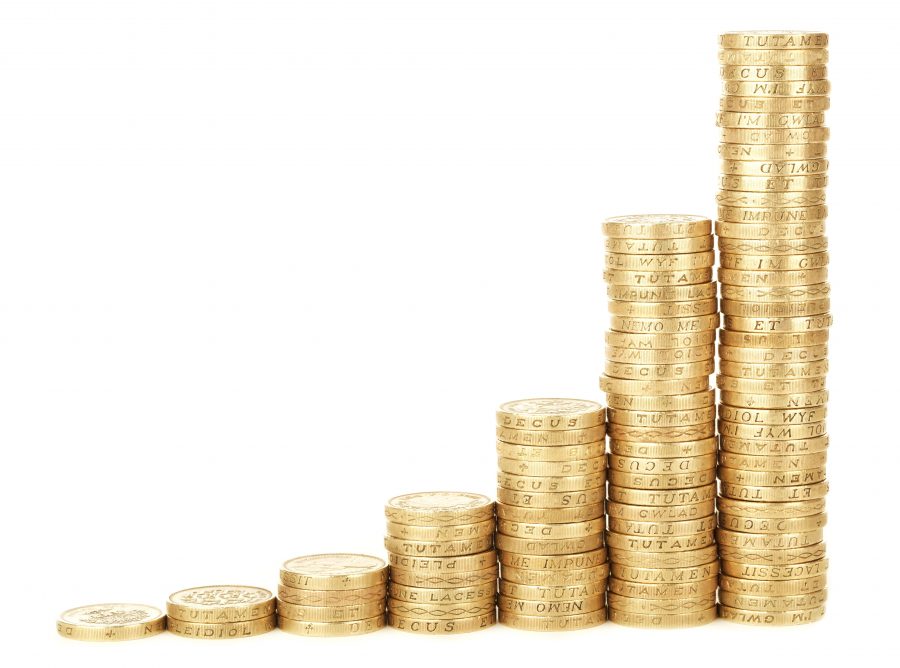According to data published by the Bank of England, the net mortgage borrowing for March 2021 was £11.8 billion. This is the highest recorded figure since records began in April 1993 and are interesting reading for those with an interest in UK mortgage lending.
There is no getting away from the fact that this outcome was significantly influenced by buyers looking to arrange a property purchase before the end of the stamp duty holiday. The end of this relief was initially scheduled for the end of March; however, it has since been extended to the end of June, with an additional tapering-off period.
There has been a clear desire to save money, with many households reducing the overall cost of a property purchase by thousands thanks to the stamp duty holiday.
Property approvals are high, but not at record levels
 In March 2021, there were 82,700 approvals for property purchases. It should be noted that this is less than the peak of November 2021, but it is 13% higher than the number of approvals for February 2020. That was the last full month before the pandemic restrictions were introduced, making it a suitable benchmark for judging buyer activity.
In March 2021, there were 82,700 approvals for property purchases. It should be noted that this is less than the peak of November 2021, but it is 13% higher than the number of approvals for February 2020. That was the last full month before the pandemic restrictions were introduced, making it a suitable benchmark for judging buyer activity.
Andrew Wishart, a property economist at Capital Economics, said: “Timely indicators of demand suggest that mortgage approvals will pick up again ahead of the new stamp duty deadlines of the end of June and September.”
With property portals saying recent months have featured the fastest-moving markets in their lifetime and many estate agents saying they have been busier than ever, there is an expectation that property prices will continue to rise long into the summer.
The housing market is red hot according to experts
The property market has been described as “red hot” by Simon Gammon, a managing partner at the finance arm of Knight Frank, who highlighted the following issues as shaping behaviour in the market:
- A more positive economic sentiment
- A limited supply of property to the housing market
- Changes to the way people balance work and home life, including an increase in remote working
These factors have combined, pushed house prices higher.
Further data provided by the Bank of England indicates UK households are placing significant sums of money into their bank accounts. In March 2021, a total of £16.2 billion was deposited.
The average for the year up to February 2020 was £4.7 billion, so there has been a massive change in people’s behaviour with respect to how and where they place their money. There are many reasons why this is the case with limited options with respect to spending money and Government-backed schemes supporting people’s income being prominent.
UK mortgage lending helps many people
It has also been reported that £500m was put towards debt reduction in March 2021, with many households looking to improve their overall balance sheet.
However, there is a belief that consumers will be able to finance a spending spree when the time is right. The route out of lockdown is already underway, with optimism high that the summer will be more familiar with respect to socialising, work, and shopping.
Ruth Gregory, a senior UK economist at Capital Economics, said, “With consumers in a position to power the recovery, this should mark the start of a rapid recovery that will push GDP back to its pre-crisis level in early 2022.”
How to explore your mortgage options with The Money Hub
Call the Money Hub Limited on 0203 725 5830 and speak to one of our highly specialised and dedicated Mortgage Advisors or you can complete an enquiry form which will allow you to schedule a call time.
DISCLAIMER: These articles are for information only and should not be construed as advice. You should always seek advice prior to taking any action.
